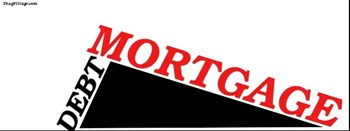
In the hybrid part-owner/part-tenant world of co-op living, there exists an interesting and unique financial instrument: the underlying permanent mortgage. Part of the overall financing structure for any co-op, the underlying mortgage (UPM) was conceived as a way to reduce the overall price of entry into co-op ownership. It also serves as a vehicle for tax benefits, and a form of collateral for the community as a whole when cash is needed for repairs and upgrading. Considering the hybrid nature of co-op ownership and administration though, the notion of a 'mortgage' on the whole building can seem a little odd. Is an underlying permanent mortgage more like the mortgage on a multi-unit rental apartment building it's modeled after, or the private home mortgage it also resembles? Should co-ops ‘roll’ the UPM, the way landlords do the mortgages on their rental properties, leveraging their return indefinitely, or should they strive to pay off the debt and proceed debt-free, the way a homeowner would after they pay off their long-term debt? Or perhaps a little of both?
The Typical UPM
Typically, the terms of an underlying permanent mortgage resemble those of a commercial mortgage on a rental apartment building. The loan is usually for a period of 10 years, the interest rate is fixed for that period of time, and the amortization (the repayment of the principal) is based on a longer term – say 20 or 25 years. At the end of the 10-year term, there will still be an outstanding balance, which will require refinancing.
This differs dramatically from typical home mortgages, where the term of the loan and its amortization are matched. That’s known as a self-liquidating mortgage. In other words, a 25-year mortgage is repaid over 25 years. After the final payment, the loan is paid off, period. No refinancing of the note is necessary. That’s not to say there aren’t some self-liquidating underlying permanent mortgages. There are, but they are few and far between.
Typically, the payments of the UPM are split between shareholders as part of their monthly maintenance. Obviously, if a co-op building has no UPM, montly maintenance payments for all shareholders is lower. Lower monthly maintenance is a good thing, overall – but conversely, without the burden of a UPM, the tax deductibility of their maintenance would decline as well. Until the passage of the Tax Cuts and Jobs Act of 2017, higher tax deductibility was viewed favorably. With its provisions limiting the deduction of state and local taxes, the benefits of interest deductions from UPMs has declined.
Paying Down a UPM - is it Realistic?
While current opinions on debt and its relative benefits and drawbacks are changing, co-op corporations and their professional advisors must make decisions in the real world, not in the theoretical one. It is unrealistic for most co-op corporations to think they can pay down their UPMs to zero. Like rental apartment buildings, co-op properties age, and require both periodic upgrades and major repairs. The replacement of a boiler, roof, or windows in a private home may be costly, but may be financially manageable for the homeowner without additional borrowing. At the multifamily scale, undertaking the same kind of projects can easily run into the millions of dollars. Even with diligent attempts to eliminate the UPM over time, additional debt may be unavoidable.
Stuart Bruck is the director of mortgage brokerage with New York City-based Time Equities, and he says he has never seen a co-op completely pay off their UPM. “I had one co-op on the upper east side I worked with for nearly twenty years,” he says. “They wanted to self-liquidate their UPM. They came very close. Nearly at the end of the term of their UPM they realized they needed to do a considerable amount of work in the building, both in redoing the common areas and in replacing certain building systems. The shareholders didn’t want to be burdened with a large assessment to do that work. In the end they had to abandon their plan to pay off the UPM and refinance the building to get the money to do the needed work.”
Harley Seligman is a senior vice president with National Cooperative Bank in New York City. “Occasionally I see a co-op that has amortized its underlying permanent mortgage. Usually these co-ops fall into two narrow categories: either they sell off a valuable commercial space on their ground floor and use the proceeds to pay off the UPM, or they are very small co-ops that have self-liquidating UPMs. Sadly, when they come to us it’s because they need to take out a new underlying permanent mortgage to do repairs or upgrades without assessing the shareholders.” They end up back in the same debt position, in other words.
While lower debt is a good thing overall, co-op communities have the power to use the intrinsic value of their property to provide funding when needed. The goal of a debt-free building is admirable, but in reality, it’s unlikely to happen. A co-op corporations best hedge against the unexpected is its ability to borrow.




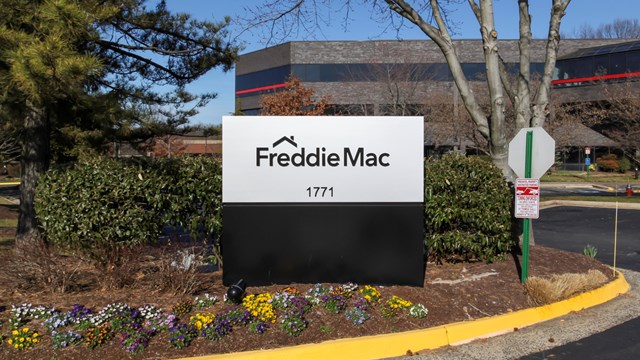
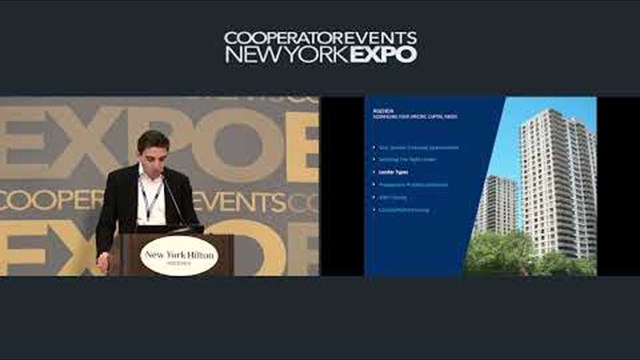

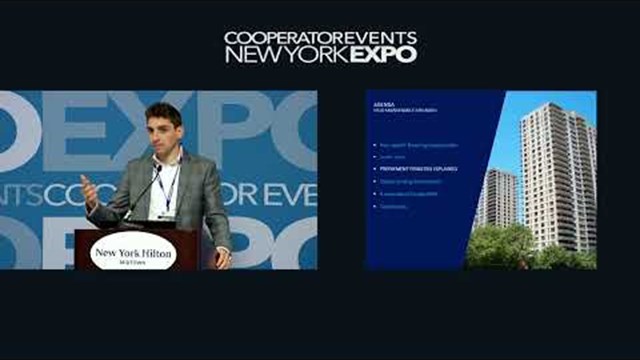
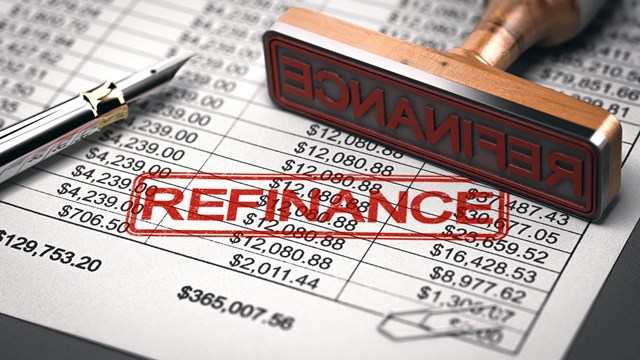
Leave a Comment